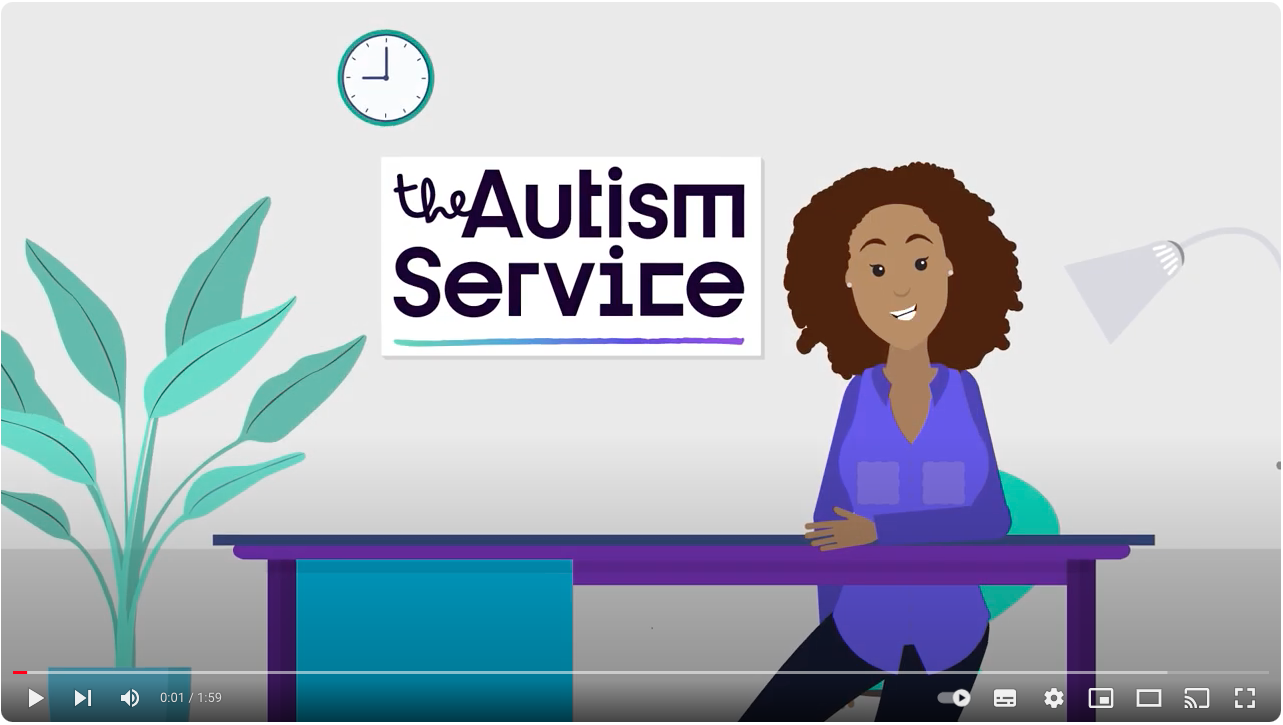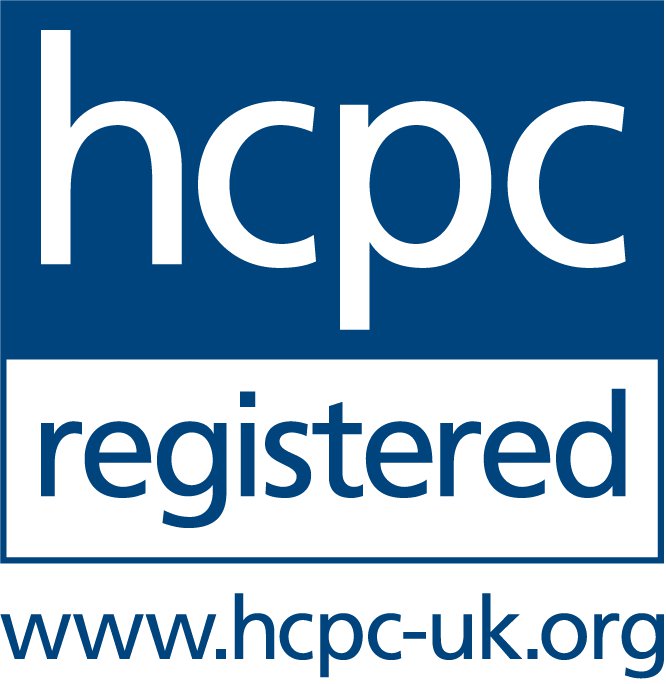Adult Autism Assessment
Supporting adults to understand if autism is the reason why they feel different.
Full assessment cost £2,000
Includes a report recognised by public agencies.
Book now Find a clinic
At The Autism Service, we understand that autism is a complex condition that affects every individual differently. Our specialised face-to-face assessments are designed to identify autism in adults so that you get the support you need to thrive.
Signs and symptoms of autism in adults
Individuals with autism view, see and perceive the world in a different way to non-autistic people.
Spotting the signs and symptoms is dependent on various factors, such as age, sex and severity. Often, signs can be easier to spot during childhood than when fully grown. An individual’s ability to ‘mask’ their autism can lead to going undiagnosed.
Every person with autism will have their own challenges with social interaction and communication. This can make it difficult to find out whether they have ASD or not.
Common signs of autism in adults include:
- Difficulty putting themselves in the shoes of others with how they’re feeling or thinking
- Take things said by people literally
- Prefer sticking to a consistent routine and get anxious when their routine gets disrupted
- Struggle to communicate and express their emotions and feelings to other people
Benefits of taking a private autism assessment
Have you waited months for an autism diagnosis? A private autism assessment reduces the time spent waiting to find out whether you have autism or not, helping to alleviate any concerns you may have and answer all of your questions. Here’s some of the benefits of taking an autism assessment as an adult:
- Provides a recognised diagnosis that enable you to get therapies, support and accommodations to help improve social and communication skills
- Have more knowledge and understanding of your own needs
- Help your family, friends and colleagues understand certain difficulties you may face and develop strategies to deal with them
- Correct previous misdiagnosis of autism while addressing any previous problems you may have (i.e. mental health issues)
1. Clinical interview
2. Clinical assessment in clinic (ADOS-2)
3. Multi-disciplinary team diagnostic meeting
4. Feedback and written report
What to expect from your assessment
Our assessments are fully NICE guideline compliant diagnostics that tells you if you have autism or not. They are typically made up of the following steps:
- Clinical interview
- Observational assessment in clinic (ADOS-2)
- Multi-disciplinary team diagnostic meeting
- Feedback appointment and the written report

Step 1: Clinical interview
A developmental history will be obtained from, depending on your age and access to informants, you and/or an informant. This information will be gathered via a clinical interview completed virtually, lasting two to three hours. Generally speaking, the older you are, the more reliant the interview is on information from yourself as opposed to informants like your parents.
They younger you are, the more time we will spend collecting information from your parents. The clinician will structure this session so that they get the information you need so ideally you need to ensure that yourself and your informant is available for the duration of the appointment.
Informants can be parents, siblings, partner or friends (in this order of significance). If you do not have a suitable informant or you wish to discuss confidentiality during the appointment, please discuss this with the administrator processing the booking.

Step 2: Observational assessment in clinic (ADOS-2)
A second clinician will meet with you in clinic to administer the Autism Diagnostic Observation Schedule-2 (known as the ADOS-2). This is an ‘observational assessment’ and we will spend the session talking to you whilst making notes about the observations we make. You can expect a mix of questions and more recreational or play type activities, some of which you might find childish but are necessary to the assessment. This appointment lasts approximately one hour.

Step 3: Multi-disciplinary team diagnostic meeting
Once the two assessment appointments are complete, the multi-disciplinary team will meet to review all of the information they’ve gathered. The information is considered alongside the DSM-V diagnostic criteria and a conclusion reached about whether you do or do not have autism.

Step 4: Feedback appointment and report
The lead clinician for the case, typically the clinician who administered the clinical interview, will then meet with you to feedback the outcome of the assessment. This appointment takes place virtually and lasts up to one hour. The reasons for the diagnostic outcome will be explained to you and you will have the opportunity to ask questions.
Any recommendations will be agreed during this appointment and these will be added to your assessment report, which will be sent to you shortly after the feedback appointment. We generally advise that your GP receives a copy of the report but will only send it with your permission.
Please note, if you request any additional meetings or documentation to that outlined above, this will be subject to an additional charge.
What does a quality assessment look like?
Key indicators for a high-quality assessment as per NICE guidance (national healthcare guidance) include:
- The clinicians are registered with a professional body that has statutory powers (such as the HCPC, NMC or GMC), meaning there are standards they must follow when working with you, and if they do not meet these standards, they could be stopped from working.
- A psychologist or psychiatrist should be part of the team and have previous training and experience working with autistic people.
- Information should be obtained from multiple sources including interview and observational data. Standardised structured assessment tools such as the ACE and ACE+ should be used.
- Informants are a crucial part of the assessment process. For adults, it is ideal to have a parent who can report on childhood symptoms, but if this is not possible then input from another family member, partner, employer or good friend is required. Wherever possible, clinical interviews should be supplemented with collateral information such as reports from school or occupational appraisals/performance reviews.
Adult autism assessment FAQs
The fee for an adult ASD assessment with The Autism Service is £2000. This includes a clinical interview, an observational assessment, a feedback appointment, and a written report. There will be two clinicians assessing you, both of whom are highly qualified and regulated by law in their practice, and you will be supported throughout by one of the clerical team.
The ASD assessment pathway uses the ADI-R (where possible) and ADOS-2; these are tools specific to the assessment and diagnosis of ASD, and therefore, whilst we can make recommendations about other assessments you might benefit from, we cannot make any diagnosis other than ASD. If you would like ADHD to be assessed also, please see our combined assessment pathway which covers both conditions.
ADOS-2 is an abbreviation of Autism Diagnostic Observation Schedule, second edition. We use the ADOS-2 in our ASD assessment pathway. It is an observational assessment that takes place in person and which takes around 60 minutes for the clinician to administer. You will work through a series of tasks, some of which may be unusual but which need to be completed to make the assessment valid. It is known internationally as a ‘gold standard’ tool in the assessment and diagnosis of ASD.
This is a semi-structured interview specific to ASD symptoms that we use to collect information about your current presentation and early years. ADI-R is an abbreviation of Autism Diagnostic Interview, revised. Its use relies on us being able to interview an informant who knew you during your early years, so typically a parent or other caregiver. We appreciate that it is not always possible to interview parents, or that parents cannot always recall the detail we need to be able to use the ADI-R, and so in these circumstances we use parts of the ADI-R to structure a clinical interview with yourself and/or an informant.
More about ASD

2 Dec, 2022
Eye contact in adults with autism

2 Dec, 2022
What is autistic burnout?

2 Dec, 2022
The benefits of speech and language therapy for autistic people

2 Dec, 2022
 Play Video
Play Video 





